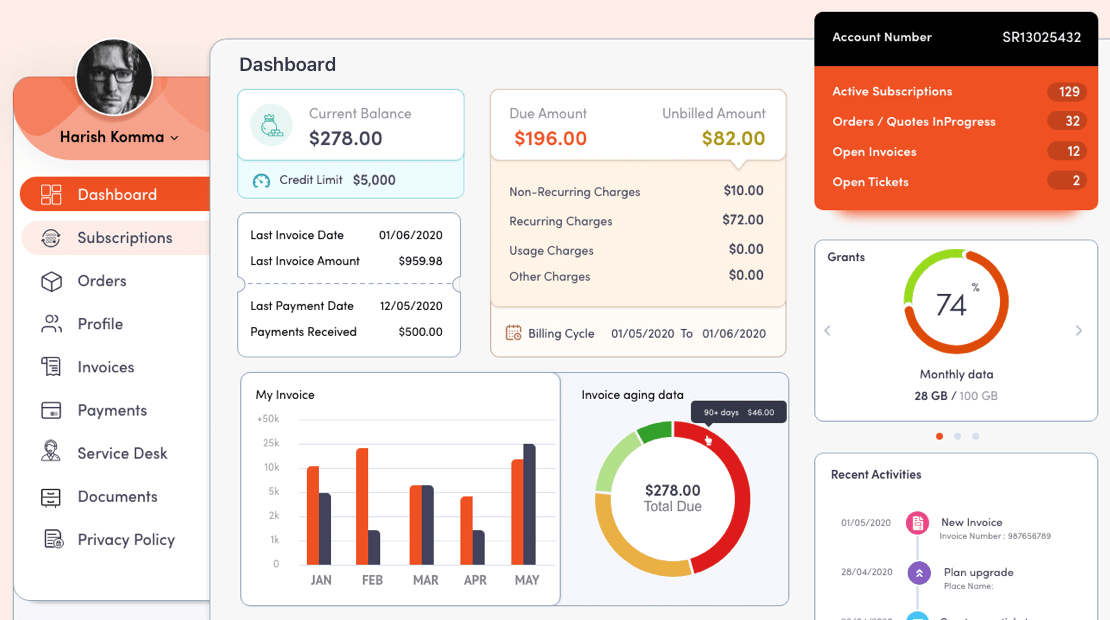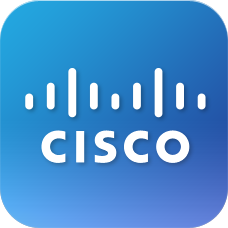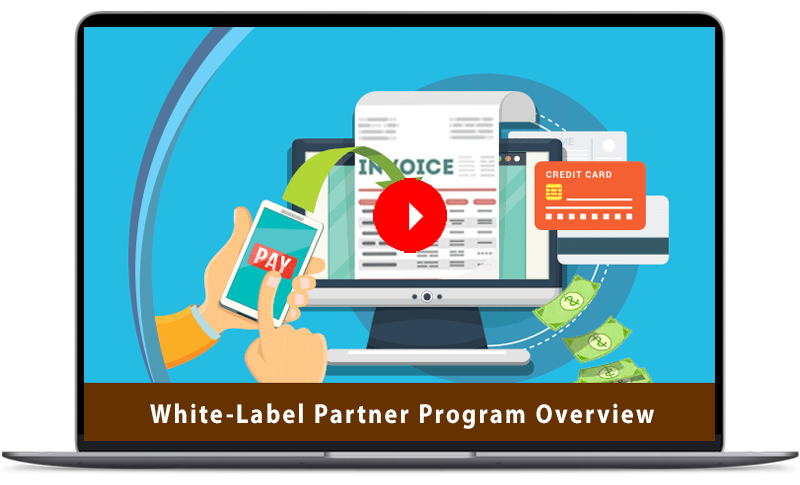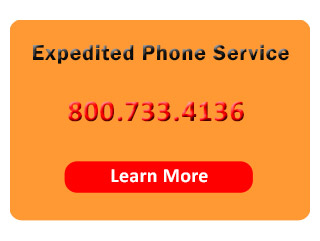Business VoIP Security Risks That Can Ruin Your Company
Businesses can’t risk confidential information, their reputation as a brand with integrity, or losing their clients. If your business is considering investing in a new VoIP solution or has one that it’s looking to make more secure, here are a few thinks to keep in mind with VoIP security.
Business VoIP Security Vulnerabilities
In business, there are a number of risks. Your VoIP connection should be the last of your worries, but it should not be something that is neglected. VoIP users are at risk of having information fall into the wrong hands. There are a number of instances you should take into account when choosing a VoIP provider or looking to boost the security level on your current account.
Call Fraud: Hackers call customers and pretend to be your business or one of your employees. They essentially route calls on your business’s bill to cause negative financial impact.
Phishing: Phishing may be more common via email, but it can be a problem for VoIP users. Phishers engineer ways to get the identities of customers or credentials of employees.
Call Interception: VoIP calls could be intercepted. As confidential information is shared over the connection, VoIP hackers can steal the numbers they need to gain control of accounts.
SPIT and DoS: Spam over Internet Telephony and Denial of Service attacks can also take place and interfere with your service.
Security: VoIP calls use the internet to transport call data. As with everything run online, from cloud-based software solutions to social media networks, there is a potential for hacking. Phishers, spammers and hackers are constantly looking for ways to gather information that they can use to turn a profit. Reduce the risk for both your business and your customers by securing your VoIP connection as much as possible.
Here are a few ways you can make your VoIP connection more secure:
SIP (Session Initiation Protocol) services over IP-VPN: Distinguish and separate customer VoIP traffic from other traffic and the public internet for a solution that is more secure. You’ll also want to make sure your firewall is designed to handle VoIP traffic.
Use VLAN-capable switches: Separate voice and data networks using a VLAN-capable switch so that in the event of an attack on the data network, you won’t lose your VoIP system.
Run SIPS (Secure SIP) over TLS (Transport Layer Security): TLS provides an encrypted channel you can use to send SIP messages. SIPS requires phone-to-phone TLS protection.
Media encryption: Encrypting your calls is one way your business can prevent call interception. Different VoIP providers may use different encryption mechanisms and procedures.
VoIP and cloud-based phone services are great options for large and small businesses that are looking to save on their communication costs. However, your customers are what keep your business afloat so it’s important to make sure their information, and yours, is protected. Security may not have been an initial concern, but it should be one now. Talk to your provider and see what security measures they offer so you and your customers reduce the risks.







